Youth Resource
What does the Bible say about caring for the environment?
The Bible, perhaps surprisingly, has a very positive view of physical creation, and teaches that people have a responsibility to care for it.
Videos
-
On environmental stewardship
John Lennox explains why he finds the Genesis creation story such a fascinating document.
Transcript
Christianity, at its best, is not Greek philosophy. There were people in the ancient world, and there still are, that have a sense that the physical world, the tangible world, is somehow evil – so that the best wisdom is to get as far away from it as you possibly can. But in Genesis you get the exact opposite impression.
Here’s a heavens and the earth that are created by God, and interestingly enough, you find that the record of creation is step-wise – it’s not done all at once, it’s done in a sequence, and at each step God saw that it was good. There’s a real affirmation of the goodness of the physical creation. In the description of the garden, again you get that, and indeed you get God starting science off. It’s a fascinating document, Genesis, because God himself named certain bits of the universe at the beginning, but then he says to the human beings you give names to the animals. Now that’s affirming creation, and it’s introducing taxonomy, which is not only the fundamental biological discipline, it’s the fundamental intellectual discipline. All intellectual disciplines involve giving names to things.
So there’s the creation affirmed, and said to be good in itself. And there have been periods in history where we’ve lost that, and it has not been affirmed. And so Christians have been rightly accused of being even anti-intellectual and obscurantist and so on. And God is actually interested in his planet. When people say to me, you know, God isn’t actually interested in this planet, I ask them to have a look at a statement in Revelation which talks about the final judgment. And it says, the time has come for judgment and to destroy those that destroy the earth. So that as we look at Scripture, it teaches a stewardship attitude to this planet.
Often – there are one or two famous or infamous books that have read the commands in Genesis to fill the earth and so on as exploitative, that go and do what you like with the planet. But that just isn’t true, God cares. And you see that in the life of Christ – just little side remarks, God caring for the oxen and so on. He’s very interested in the physics and chemistry of the planet, and what it is physically, and so should we be. But we’re stewards of it. And the most exciting expression of that stewardship is when we do it not by rejecting God and holding onto the physical, but by doing both together, enjoying God’s creation. After all, the first story is about a garden, and a garden is a disciplined bit of creation. If you leave creation alone it goes wild. And that imposing a discipline on the physical planet actually is a very fundamental task I believe that God has given to us all.
close
Articles
-
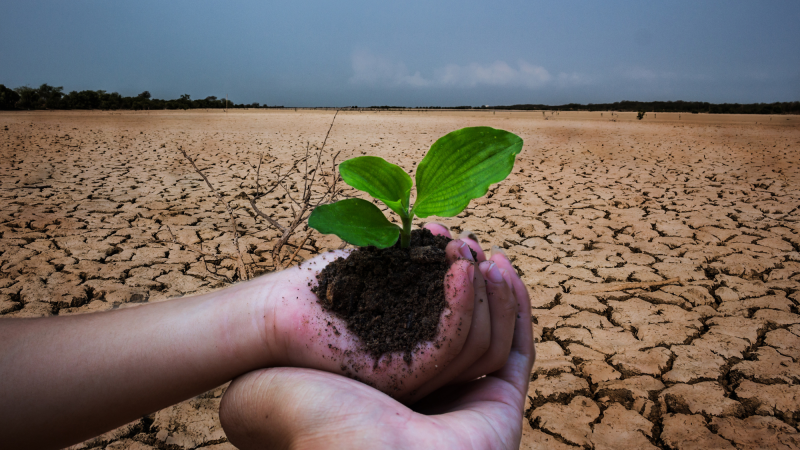
Forestmaker (Extract)
World Vision Principal Climate Action Advisor Tony Rinaudo shares his story of regeneration in Niger, and finding hope for a warming planet.
-
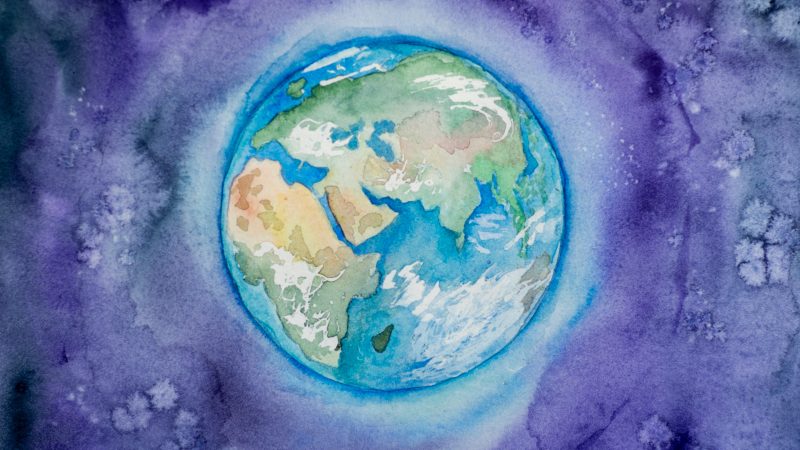
World Environment Day (Extract)
Simon Smart and Justine Toh discuss the Bible’s message about caring for the environment, and how some Christians have misunderstood this.
-

There’s an unexpected glimmer of hope in Christmas, even as Australia burns
Justine Toh on climate change, childlessness, and why the Christmas story brings hope to a warming world.
-
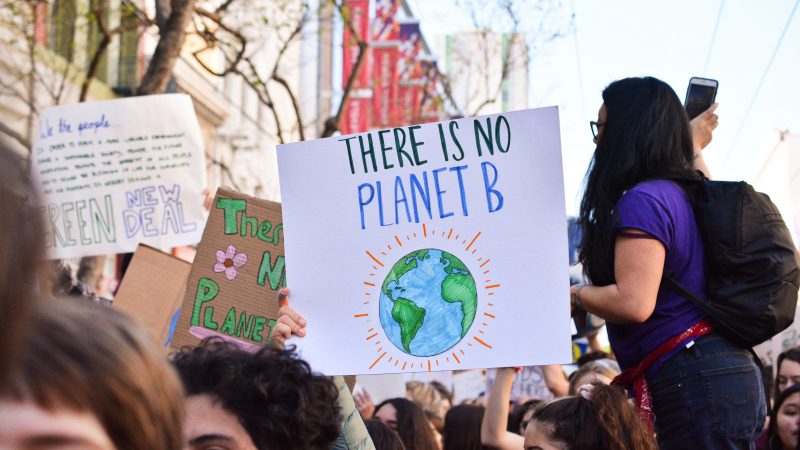
Striking for our climate is the Christian thing to do
In light of the Global Climate Strike, Tim Costello writes about why Christians should care about climate change.
-
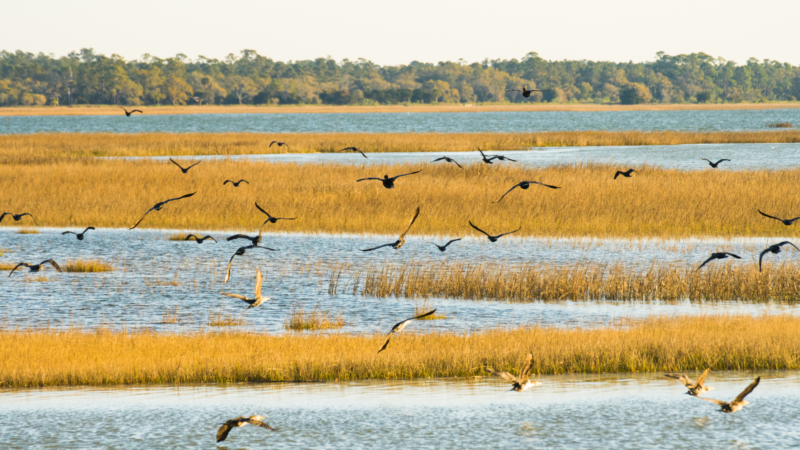
Making Space: Community and Creation Care (Extract)
Jo Swinney shares about A Rocha’s environmental protection work, and why Christians should care for the natural world.
-
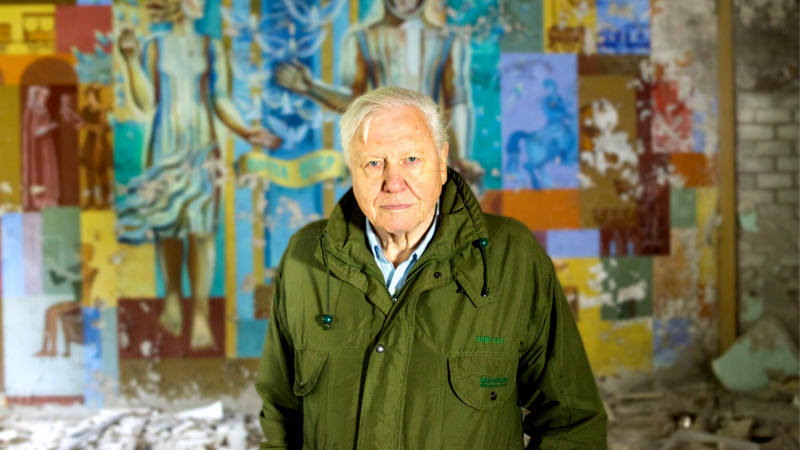
A Life on our Planet
Anna Grummitt reflects on David Attenborough’s new film, and the way humans respond to disasters.
-
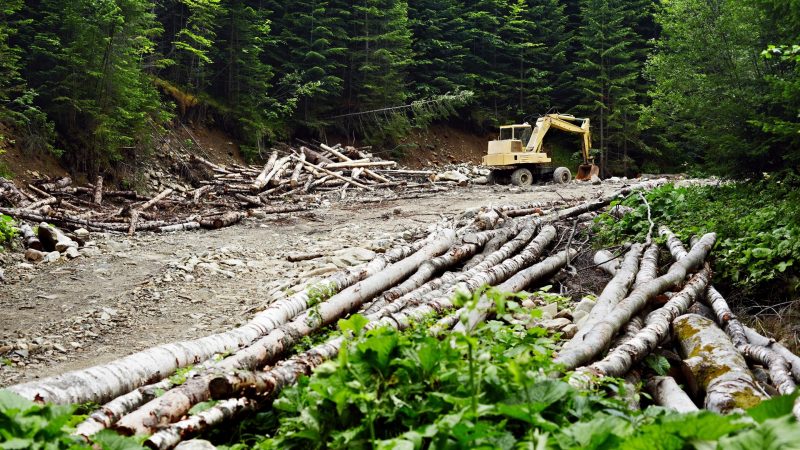
Ecoblame
Richard Shumack on the extent to which Christianity is to blame for the devastation of global ecology.
-

Who will save the world?
Natasha Moore considers superpowers, COP26, one man who’s making a huge difference … and the Creator he puts his trust in.
Engage
- Look at the images in the article ‘20 climate photographs that changed the world’, published in The Guardian on 5 November 2022. Think-Pair-Share: Which photo stands out to you most, and why?
- Listen to these vox pops from the World Environment Day podcast episode, and record your own answers to the questions:
- Why do you think the environment is in the state that it’s in?
- What is it about human nature that makes us trash the planet?
- Read the article ‘Young people’s climate anxiety revealed in landmark survey’, published in Nature on 22 September 2021, and answer the two questions in the graphic (you could use an online program such as Mentimeter):
- How worried are you about climate change? (Choose from extremely worried/very worried/moderately worried/a little worried/not worried)
- Climate change makes me feel … (Choose up to three words)
- Mark on the following scale to what extent you agree or disagree with this statement: The Bible teaches that it is important to care for the environment.

Understand & Evaluate
- Watch the video ‘John Lennox on environmental stewardship’, and read the article ‘Striking for our climate is the Christian thing to do’ and the podcast extract ‘World Environment Day’. Based on what you have watched and read,
- Do the Connect-Extend-Challenge Thinking Routine.
- Fill out the following table.
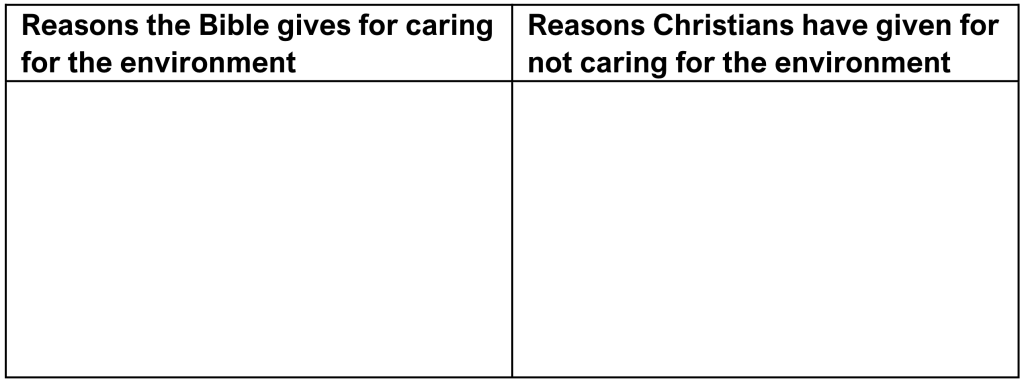
- Read the podcast extract ‘Forestmaker’ and ‘Making space: community and creation care‘, and the article ‘There’s an unexpected glimmer of hope in Christmas, even as Australia burns’.
- Do the Step Inside Thinking Routine for either Tony Rinaudo, Jo Swinney, or Justine Toh:
- What can this person see, observe, or notice?
- What might this person know, understand, hold true, or believe?
- What might this person care deeply about?
- What might this person wonder about or question?
- Where do Tony, Jo, and Justine find hope when it comes to the future of our planet? What is your reaction to this?
- Draft an email to either Tony, Jo, or Justine in response to what you’ve read in their stories, sharing something that stood out to you, a question you’d like to ask, and anything else you want to include.
- Do the Step Inside Thinking Routine for either Tony Rinaudo, Jo Swinney, or Justine Toh:
- Read one of the three short columns – ‘A life on our planet’, ‘Ecoblame’, and ‘Who will save the world?’ – and complete the Word-Phrase-Sentence Thinking Routine.
Bible Focus
- In small groups, read the following verses from the Bible and create a mind-map to summarise what they teach about creation and how humans should relate to it:
- Genesis 1:26-28
- Genesis 2:15
- Psalm 8:6
- Leviticus 25:3-5
- Psalm 24:1-2
- Psalm 104:30
- Matthew 22:36-40
- Romans 13:10
- Revelation 11:16-18
- Revelation 21:1-5
- Now read these verses and discuss how they could be used to argue that caring for the environment shouldn’t be a priority:
- Genesis 1:26-28
- Psalm 8:6
- 2 Peter 3:10-13
- Revelation 21:1-5
- Write on a post-it note any questions that any of these verses have raised for you about what the Bible teaches about caring for the environment.
Apply
- Create a placard (based on an idea from this lesson) that could be used in a climate march.
- How would you respond to a friend who tells you the Bible teaches that we shouldn’t care about the environment. What arguments could you use to challenge their views? And what extra information would you like to have to build your argument?
- Do the 3, 2, 1 Reflection Thinking Routine to reflect on this lesson. Write down:
- Three things you have learnt
- Two questions you still have
- One challenge you face
Extend
- Choose an organisation founded on Christian values that is actively working in the area of creation-care, such as A Rocha or World Vision (other examples include Common Grace, Operation Noah, Christian Climate Action, Climate Vigil, Catholic Climate Covenant, and Evangelical Environmental Network). Prepare a short PowerPoint presentation (maximum five slides) outlining the work they do, and the values that motivate their work.


